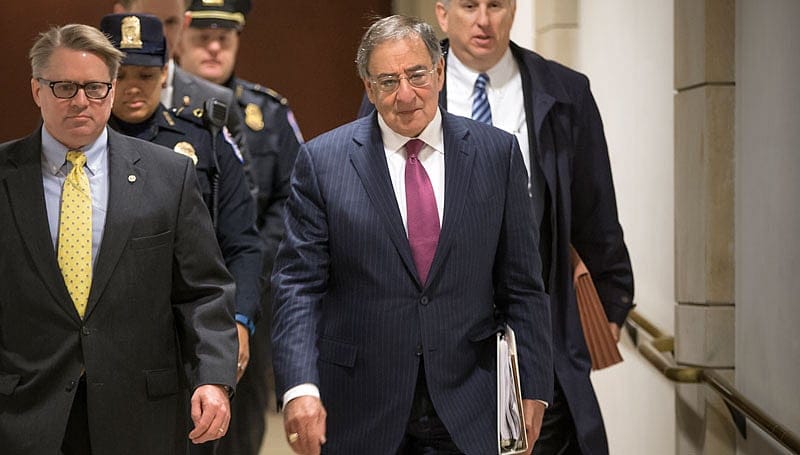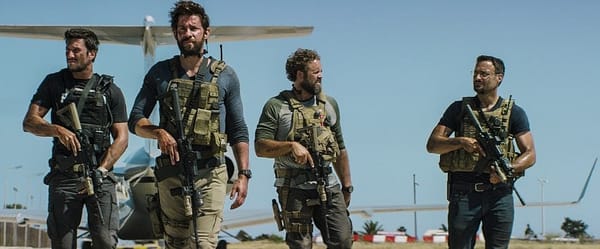’13 Hours’: our Benghazi failure COLUMN

A new movie that touches upon the election prospects of one female candidate for president debuts this week. Will "13 Hours: The Secret Soldiers of Benghazi" provoke thousands of angry viewers to march on Hillary Clinton's home with torchlights and pitchforks? Doubtful. The film is somewhat oblique. Hillary Clinton's name is not mentioned.
The infamous Susan Rice clips blaming the attack on a video do not appear (though the film does mention, slightly mordantly, that "press reports" are citing a video). Yet even for those coming to the question for the first time, the film very clearly conveys filmmaker Michael Bay's outrage that a tiny band of unbelievably brave Americans was left to fight off a company of al-Qaida-linked terrorists for, yes, 13 hours, while the vast land, sea and air resources of the U.S. military were not sent to their rescue.

